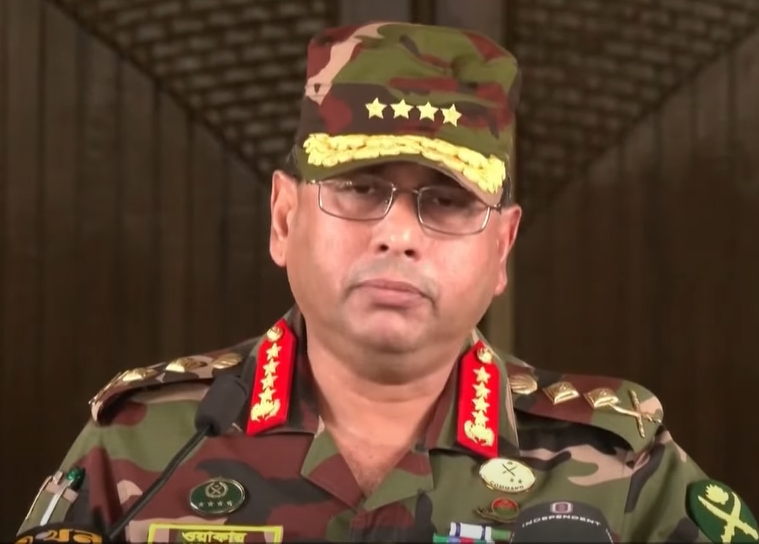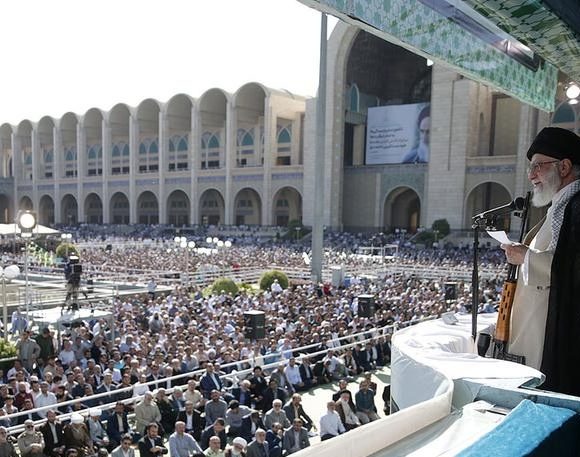
Bangladesh Army Chief Rejects Myanmar Corridor Proposal
Bangladesh’s Chief of Army Staff, General Waker-uz-Zaman, has publicly opposed the interim government’s proposal to create a humanitarian corridor into Myanmar’s Rakhine State. The plan, aimed at facilitating aid to conflict-hit regions, has triggered backlash from the military leadership, with the Army Chief labeling it “completely unacceptable.”
The move exposes widening cracks between the civilian interim government and the military establishment at a time when regional instability is growing along the Myanmar border.
Army Raises Security and Sovereignty Concerns
General Waker-uz-Zaman argued that the proposed corridor poses serious national security risks. Given the volatile situation in Myanmar’s Rakhine region, he warned that such a passage could be exploited by insurgents or destabilizing elements. The corridor, he claimed, would jeopardize Bangladesh’s territorial sovereignty and border management protocols.
The army’s rejection signals a clear institutional objection to any involvement that may inadvertently entangle Bangladesh in Myanmar’s internal conflicts.
Rift Between Interim Government and Military Leadership
The humanitarian corridor proposal was reportedly endorsed by the interim administration under Nobel Laureate Muhammad Yunus, who has taken a humanitarian stance on the crisis. However, the Army’s outright dismissal of the plan reveals deepening internal political tensions.
General Zaman has also called for national elections to be held by December, pressing for a swift return to democratic rule and warning against policy decisions that lack military consultation. The public disagreement is the latest in a series of signs that the transitional government’s authority is being increasingly questioned by the armed forces.
Diplomatic and Regional Repercussions
The rejection of the aid corridor could impact Bangladesh’s standing in regional and international diplomatic circles. Humanitarian organizations advocating for cross-border assistance to Myanmar’s conflict-ridden Rakhine region may view the development as a retreat from global relief efforts.
Additionally, the army’s assertive position could complicate Bangladesh’s diplomatic engagements with both ASEAN and Western partners monitoring the Rohingya crisis and the broader regional instability stemming from Myanmar’s civil war.
As political discord grows within Bangladesh’s own administration, observers warn that the country’s ability to respond to humanitarian crises along its borders may be significantly hindered.


















